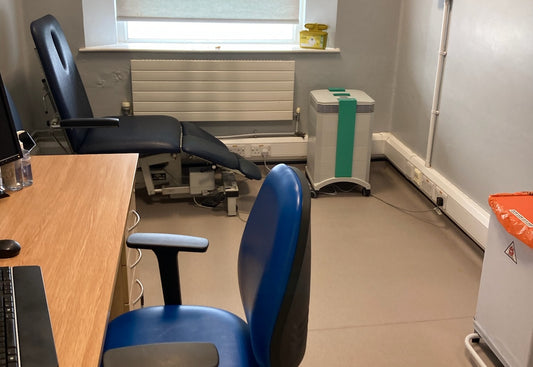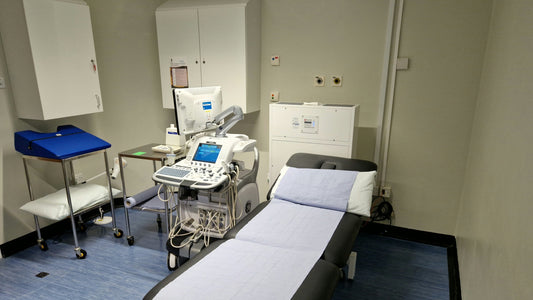If you exercise in the gym, you might wonder what the impact of air pollution on exercise is. There are two ways in which you could be exposed to air pollution. First, the gym itself. Is it in the city centre? Is it near a busy road? If so, it may be that pollution from traffic is seeping into your gym – through the walls, the doors and the windows. What assurances do you have about the air quality in your health club? Does management check for air pollution levels? Does the Gym use effective spa and gym air cleaning solutions? Is there any air purification system in place?
Second, if you're the kind of person who commits to a gym membership, then it's also likely you've taken on board the message that mixing up your physical activity is a good thing to do. Therefore, you may be taking a run in the park, or on the road, on a regular basis. Or, as health experts advise, you might be cycling or walking to work. This could be exposing you to even more air pollution than being in the gym because you are directly exposed outdoors.
Exercise is good for you, whatever the setting. Physical inactivity is said to be the fourth most common cause of mortality and contributes to 3.2 million deaths worldwide every year. However, exposure to pollution could counteract the physical and mental benefit of exercise. What is more, exercise alters the physiology of the body, so the impact of pollution could be either more or less, than when you are at rest in the same environment. These changes are in breathing, a dose of pollution and nasal defences against the intake of pollution.
Recently, researchers at the University of British Columbia, Canada, have looked into the impact of air pollution on exercise and how exercise affects air pollution exposure, focusing on the outdoor setting (but, bear in mind, this might affect people exercising in the gym, if air pollution is getting in from outside). They looked at all the evidence and their findings may have implications for the way you exercise.
• During exercise, breathing switches from being through the nose to being through the mouth. Therefore, the natural filtration system which protects the body from inhaling pollutants is bypassed. More pollutants could pass into the respiratory tract during exercise.
• More ultrafine particles are deposited in the airways and are not exhaled, during exercise. Ultrafine particles (UFPs), given out by traffic pollution, are a particular health risk, as they cause inflammation. During light exercise, there is a 3 to 4.5 times greater deposition of UFPs in the airways, compared with rest, and during high-intensity exercise, this goes up to a 6 to 10 fold increase.
• However, set against the above is the fact that particles are cleared from the airways faster during exercise than they are when a person is at rest. What is not known is what impact the greater concentration of particles, albeit with shorter residence time, has on a person's health.
• Strenuous exercise impairs the clearance of particulate pollution by the tiny hairs (cilia) lining the nasal passages, so exposure to particles during exercise may be greater.
Therefore, the mere fact of exercising could expose a person to more particulate pollution than if they are at rest. But, the exercise itself makes the person healthier and more able to resist the effects of pollution exposure.
Air quality in areas close to traffic may also be impaired by high concentrations of gaseous pollutants, like ground-level ozone, carbon monoxide and nitrogen dioxide. Again, there is some evidence that exposure during exercise may have an adverse effect on health.
The authors of the research review concluded that, on balance, the exercise in any environment is better for your health than no exercise at all. But it may be worthwhile considering the setting for your workouts. They may the following recommendations:
• Look at air quality forecasts when planning exercise
• Look for gyms that use high-efficiency air filtration systems - ask them for the grade filter the system is using. If they do not know then that might be bad news.
• Avoid exercising outside on humid days or in afternoons when levels of ozone may be high.
If you work out in an urban gym, ask the management what they are doing about air quality. And if you are running, cycling or walking outside, do choose your time and location with respect to the quality of the air you are breathing in.
Source: Giles LV and Koehle MS (2014). The health effects of exercising in air pollution. Sports Medicine. 44 (2); 223-249



